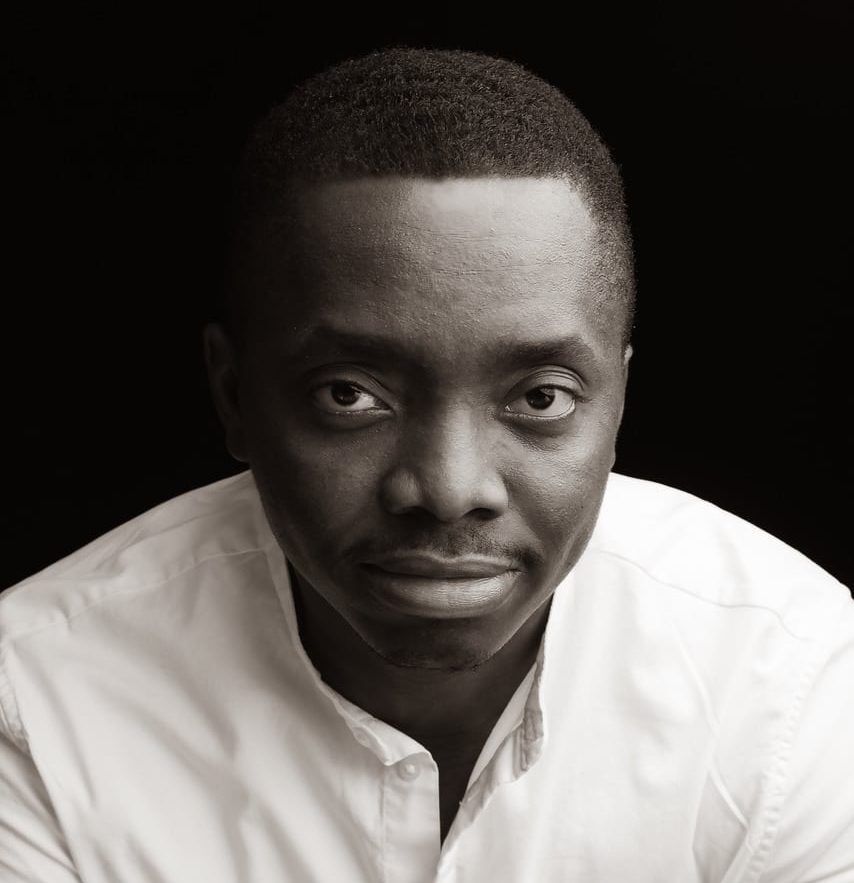Like a thousand-pound Pembroke Welsh Corgi
heavy as four baby elephants. The size
of a small car; or the size of a bridge.
As big as a bus, or the size of a house. As big
as 90 elephants. The size of an Olympic
swimming pool, with the width of an airfield.
Choose between one the size of Big Ben
or one as large as the Statue of Liberty.
In gradations: As big as a plane, the size
of a 20-story building, or the Parthenon.
Something heavy cometh, or must,
we believe, though we may be unlikely
targets in the pebble-strewn cosmos. Consider
the hyperbolic asteroid ‘Oumuamua, interstellar
scout of the glancing kiss, calling the aerial
bombardment of its companions. We’d like
to believe that. Fear is invigorating, and
we sense we have done things for which
the punishment must be oblivion. Or recall
the alien craft Apsinthos, also called Wormwood
in John the Revelator’s novella, bringing judgment,
star-bright in reentry. We are made of stories,
in which we made the rain into molten sulphur
for Gomorrah’s apocalypse. Or stories of floods:
of Gilgamesh, of Noah, or Deucalion,
of the Anishinaabe, or Mēxihkah, or the Ket in Siberia.
Res ipsa loquitor. So our economy of fictions
needed a more dire apocalypse than the Greek
apokalupsis, a new heteronym, apocalypse, as ironic
pelt, world-end over apocalypse, an uncovering
of what had been obscure. Only bitterness comes
out of the allegory-to-religion pipeline, but I digress.
Our own apocalypse is as large as a thousand
thousand fabrications, or feints of meaning,
or conclusions of social commentary. And like most
xenophobes we are denying just the new arrivants.
Past rocks, useful for flinging up the moon on impact,
ending the Cretaceous, or bringing the early irons
of our forges, are fine. We are simply the animal
that vanquishing all our predators made of us: overgrown,
laid bare: able to adapt, sieve the air with our lungs. Shorn:
warm blood letting us work outside the shade,
able to nurse our crumpled young.
Revealed: solving and making problems in equal
measure, opportunistic, irritable, food-seeking,
space-taking, sensing a turn in the weather, the ending
of the world around us. But saying the world is a hubris.
It is the ending of one world, like many others before it.
And we, are ending it, or will have it ended for us.
But no matter, other things will continue: The journey
of rock in its seasons ongoing as our whimper dwindles.
Plankton rushing through the tectonic gates in geologic-
timed swings-open. Bees languid with full honey stomachs.
Moss smothering the shadier sides of buildings. Bramble
and fruit-pip forests overtaking sidewalks; houseplants
spilling green locs through apartment towers. Milk cows
visiting neighbor towns. And the orcas will knock out the
last navy’s last sonar. And stars poke their way through
the last glare blanket. Mongooses, hyenas, wild boars
will approach the city tentatively, sniff the architecture,
and take residence. And house cats and dogs venture
beyond city limits, since the old tenants will never return.
Mise-en-scène: nematodes that breathe sulphur, bacteria
that eat the gold from tooth fillings and the metal from hip
replacements. The organic phosphates of cremain ashes
enlivening the tired soil. Earthworms looping through
the grooved teeth of strip mines. But some of us
will survive, in the cyclical extinction of bullies, until
a meek remnant inherits this earth, back in caves
they may not have begun in. This is not the worst
possible outcome, in astronomical time. What’s one
little asteroid the size of an ice cream truck?
